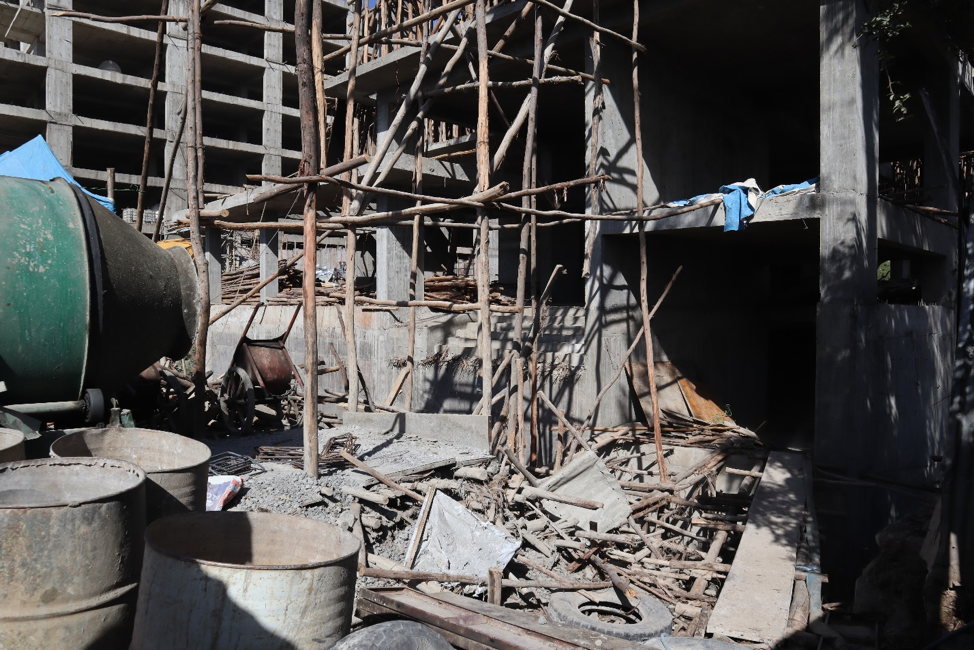Industrialization is an indicator for a country’s development and generally carries a positive connotation. With Industrialized Construction, society possesses the potential to alleviate the gap between the enormous demand and delivery of housing. Using Industrial Construction methods, houses can be built faster reducing unplanned developments in cities and with controlled construction operations scaling down construction waste. There is a question however, as to whether delivering housing through Industrialized Construction methodologies is the solution to the housing demand in developing economies and beyond. Experiences from different corners of the world caution society not to look at housing just as another product. Housing is a personal and often once in a lifetime investment. It also requires foresight into the millions of residential buildings that must be constructed and the negative contribution of the construction industry on the environment. Considerations should include but not be limited to choice and sourcing of construction materials and elements. There is a unique opportunity here to do a better job. Today’s researchers take a wider perspective than just a technological shift.
Researchers at ETH Zurich’s chair of Innovative and Industrial Construction focused on the cities of Addis Ababa in Ethiopia, Nairobi in Kenya, and Cape Town in South Africa. As part of the project, I made a three-week long data collection trip to each city. The dynamics of housing need is similar in that thousands are waiting on decent housing. There is a backlog on housing delivery and construction operations are inefficient. The go-to material for constructing structures is concrete with a 5 - 20% waste recorded on most of the construction projects. Through supporting literature, expert’s opinion and my own field trip to the case study cities, it can be said that:





